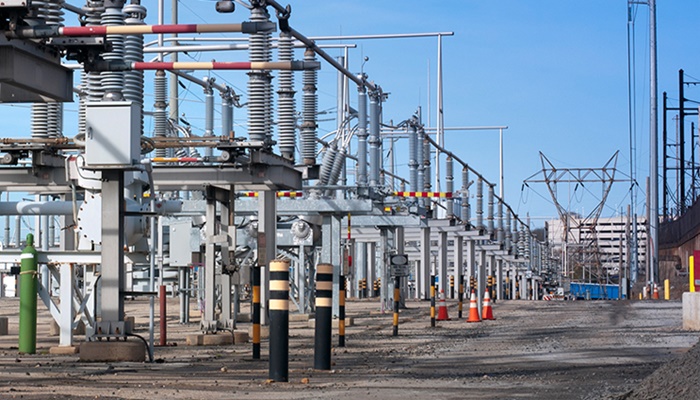
The Rural Electricity Agency (REA) on Tuesday officially launched its $200 million Nigeria Electrification Project (NEP) which it said would be deployed in providing 500,000 Nigerians in 105,000 rural households with off-grid electricity commencing in the next five months.
The funds, which were sourced from the African Development Bank (AfDB), the agency said, would also enable eight universities and 20,000 micro, small and medium enterprises (MSMEs) to get access to reliable sources of energy as well as to stop the emission of 1.69 million tons of dangerous substances into the environment.
Managing Director of REA, Mr. Ahmad Salihijo, who stated this during the event in Abuja, said the project remains the largest single investment stream in Nigeria’s off-grid sector addressing the energy access challenge through mini-grids, the solar home systems and the Energising Education Programme (EEP) of the federal government.
The Chief Executive Office of the agency noted that four components are currently structured under the facility namely: Solar Hybrid Mini Grids under the minimum subsidy tender (MST), which will cost $70 million; Energy-Efficient Appliances for Productive Use, $20 million; phase three of the Energising Education Programme, $100 million, and technical assistance and capacity building which is $10 million.
“NEP-AfDB will contribute to more than 500,000 Nigerians in 105,000 households in off-grid or underserved communities, having access to electricity, an increase of 76.5 MW in installed power generation capacity (of which, 68 MW will be from solar generation alone)
“Eight universities obtaining access to reliable sources of energy; 20,000 micro, small and medium enterprises (MSMEs) either supported by or supplied with productive use appliances and equipment; and the avoidance of 1.69 million tons of CO2 emissions in line with the Nigeria’s commitment to combatting climate change,” he said.
In his remarks, the acting Vice President, Power, Energy and Green Growth Complex of the AfDB, Wale Shonibare, decried the low access to energy in the country, with approximately 80 million people lacking access to sustainable and affordable sources of electricity.
Shonibare disclosed that national and rural electrification rates are currently 55 percent and 39 percent respectively in Nigeria, stressing that to achieve universal access to electricity by 2030, Nigeria will need to connect between 500,000 and 800,000 households per year.
He said despite the privatisation of the sector in 2013 aimed at improving the performance of the sector, the Nigerian power supply industry still struggles to generate and distribute 4,000 MW to over 180 million people in Nigeria, leaving over 80 million people without access to power.
Shonibare attributed the situation to lack of accumulated investment in the networks and a resultant revenue shortfall as well as the liquidity crunch in the sector, coupled with a myriad of issues.






